

EDUCATION
GIZ/ComCashew engages stakeholders on curriculum dev’t for cashew
A 3-day stakeholder engagement workshop has been held in Sunyani, in the Bono Region, by the Competitive Cashew initiative (GIZ/ComCashew), to deliberate on the introduction and development of curriculum on cashew at the tertiary education levels in efforts to achieve its goal of promoting competitive cashew value chain in Ghana.

Date Created : 6/28/2021 12:00:00 AM : Story Author : Imoro T. Ayibani/Ghanadistricts.com
The 41 stakeholders for the workshop were from academia including rectors, heads of departments, lecturers in Agriculture, Engineering, and Food Processing from universities, polytechnics, agriculture colleges and other tertiary institutions in Ghana, Others includes curriculum development experts, cashew value chain actors well as producers, processors, traders, and exporters.
Other representatives from the Ministry of Food Agriculture (MoFA), Ministry of Education-TVET Division, Ministry of Trade and Industry, the Commission for Technical and Vocational Education and Training (COTVET) and finally the Ghana Tertiary Education Commission (GTEC).
The essence of the workshop was to receive input of cashew industry players in the design framework for the curriculum on cashew to ensure that the curriculum and subsequently courses at these levels address the needs of the sector. It will also provided the platform to identify and address gaps in existing cashew related courses at various tertiary institutions.
Rita Weidinger, the Executive Director of GIZ/ComCashew in her opening address for the workshop said Africa currently produces 56% of the world’s raw cashew nuts and being the largest continental producer of cashew globally, but less than 10% of the nut was processed on the continent.
She noted Ghana as one of the suppliers of raw nuts, produces about 140, 000 tonnes annually, thereby contributing some US$378 million to the revenue from non-traditional exports in 2019. She attributed Ghana’s success partly to improved skilled labour who tirelessly worked to increase output in the cashew sector.
Touching on Government policy at the sector, the GIZ/ComCashew Executive Director commended Ghana for the institution of the Tree Crop Development Authority which oversees priority tree crops, including cashew policy frameworks to regulate the Ghanaian cashew sector.
Ghana currently, she said has the advantage of strong agriculture research on cashew within the West African sub-region and has emerged as a cashew knowledge hub. With the institution of technical universities, she noted that Ghana has the institutional infrastructure to develop and implement curricula on cashew to build the knowledge of cashew actors.
This implies that more knowledge and expertise on cashew are required at the higher levels of education to build the pool of experts in the country to contribute towards the development of policies and activities that are informed and will ensure the realization of Ghana’s agriculture development goals. “I strongly believe together we can champion the course of a competitive Ghanaian cashew sector”, she said.
Madam Justina Owusu-Banahene, the Bono Regional Minister noted that the development and implementation of the curriculum on cashew will not only help farmers in further consolidating the sub-region’s position as a knowledge hub on the crop, offer more opportunities to our country’s teeming youth, contribute to improving the competitiveness of local cashew processing but will improve the nation’s foreign exchange.
Bono Regional Director of Ministry of Food and Agriculture, Mr. Denis Abugri Amenga noted in his speech charged the stakeholders come out with a curriculum that will shaping our capacity to meet the challenges of our times and make education more responsive to the clientele it serves and the need of industry to propel the modernization process of the various segments of the cashew value chain.

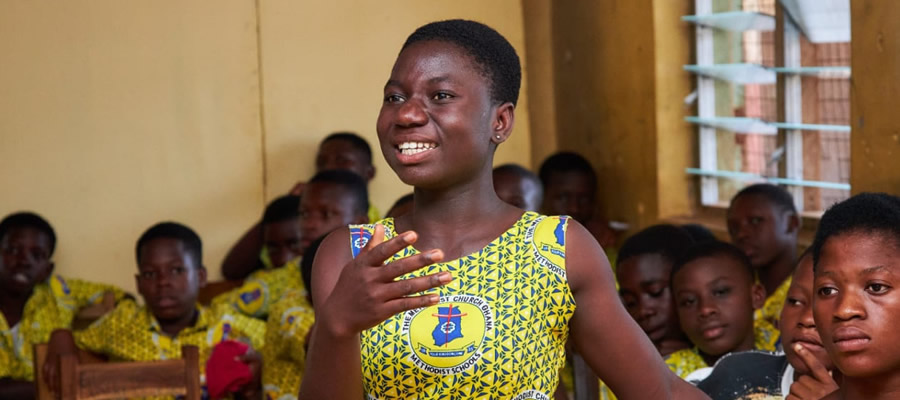
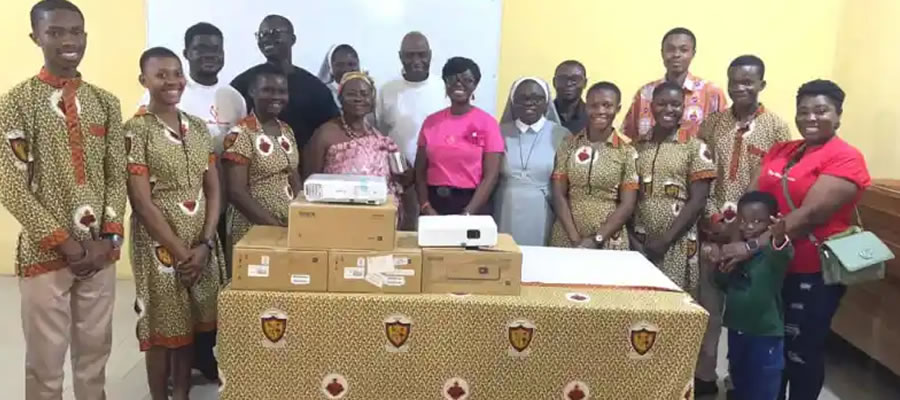


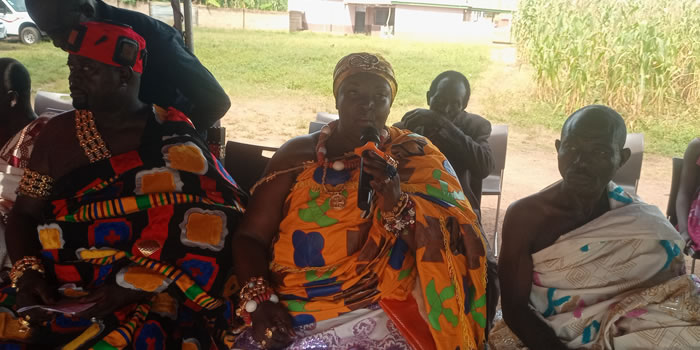
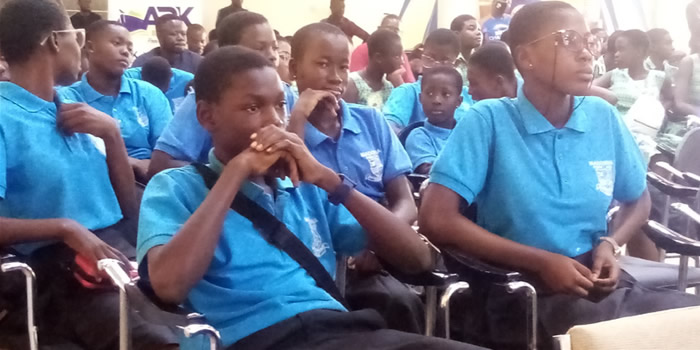

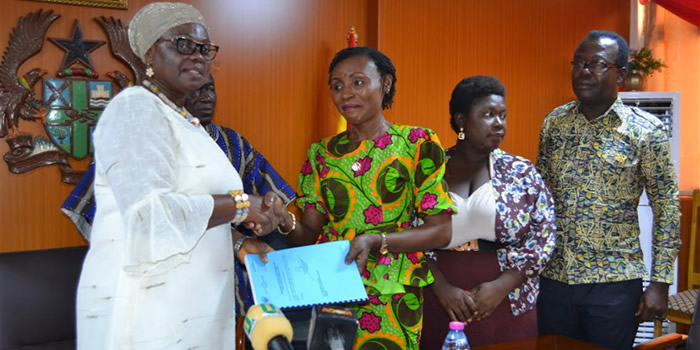

 facebook
facebook
 X
X
 Youtube
Youtube
 instagram
instagram
 +233 593 831 280
+233 593 831 280 0800 430 430
0800 430 430 GPS: GE-231-4383
GPS: GE-231-4383 info@ghanadistricts.com
info@ghanadistricts.com Box GP1044, Accra, Ghana
Box GP1044, Accra, Ghana